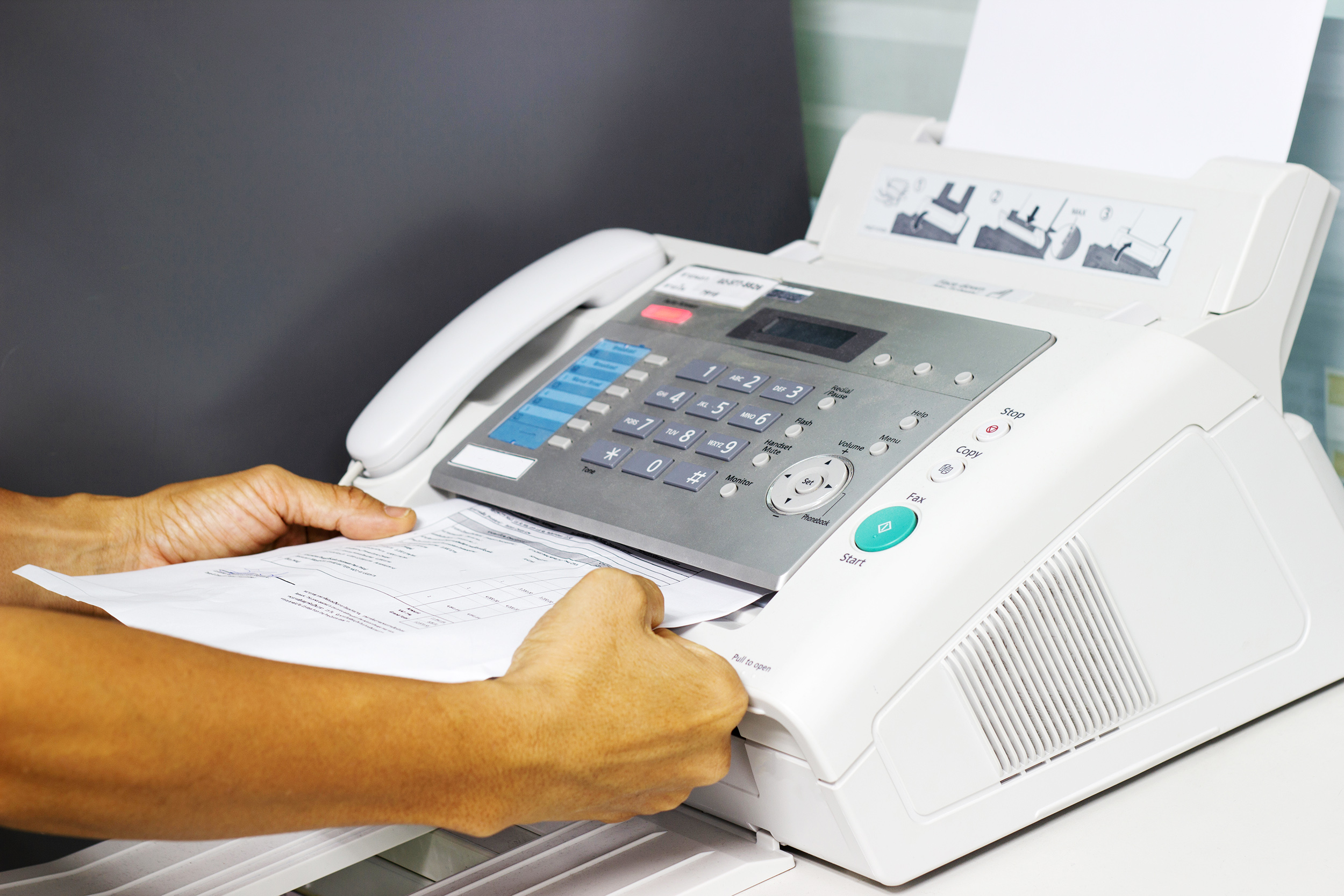Fax machine set to become a ‘thing of the past’ after Ofcom ruling

The fax machine could soon become a ‘thing of the past’ after telecoms regulator Ofcom proposed rule changes to scrap the use of dedicated landlines for the outdated service.
Ofcom revealed earlier this month that it no longer believes that fax services should feature in the Universal Service Order (USO) legislation, which ensures the availability of certain phone services across the UK.
The USO was set up by Ofcom almost 20 years ago when faxes were regularly used for a variety of business tasks such as sending contracts and formalising big-money transactions.
At that time, it made sense that BT should provide landlines at affordable prices to support the service, but times have changed, and it could finally be consigned to the tech scrap heap.
Ofcom said that it was consulting on changes to the rules to formally render the fax machine obsolete.
Ofcom added: “Not only are alternatives to fax machines now more widely available, migration of telephone networks to internet protocol (IP) technology means fax services can no longer be guaranteed to work in the same way.”
The proposal follows a consultation on why faxes should be saved – just 13 responses were received, with 75% in favour of it being scrapped.
One argument for keeping faxes in today’s digital-first society centred on their ongoing usage in the healthcare, legal, sport and travel sectors.
Separate reports state that the NHS still uses several hundred fax machines even though a ban on buying them was introduced in 2018.
Ofcom’s move has come after the government removed faxes from the Electronic Communications USO in October this year.
It would bring an end to a service that was a staple of office life in the 1980s and 1990s.
The fax machine was first commercialised nearly 60 years ago when its then cutting-edge tech used audio-frequency tones to transmit and send fixed graphic images, which were then reconstructed by the receiver.
The service has been used for some of the most well-known communications in popular culture.
One of the most famous was in 1995, when basketball player Michael Jordan used a fax machine to announce a shock return to the sport with just a two-word fax: “I’m back.”
More recently, Prince William and Kate Middleton used faxes to send invites to their wedding in 2011 after courtiers claimed that it was the most secure and efficient service for the process.
Faxes were also commonly used by football agents and clubs to formalise the transfer of players.
However, the fax machine is no longer required in a world with digital forms of communication such as email, online messaging and video comms.
Ofcom said that the provision of fax by BT is now “unnecessary” due to the alternatives available, so it should no longer feature in the USO.
The USO legislation is designed to ensure that telephony services are available to those who need them, especially anyone in remote areas or who otherwise may be excluded from them.
A final decision, which is expected to be a formality, will be made in a statement published by Ofcom in early 2023.
